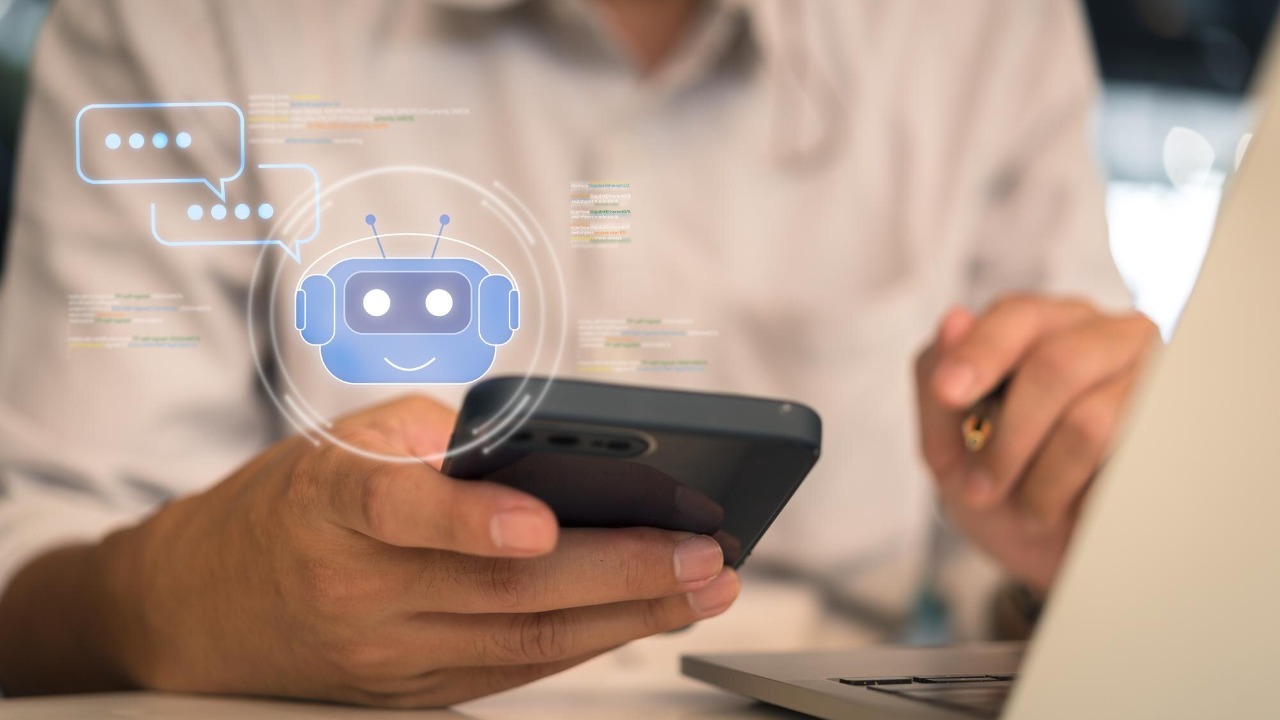
A recent study has unveiled a startling trend: 72% of teenagers now consider artificial intelligence (AI) chatbots as their “besties,” or best friends. This shift towards AI companionship in the digital age is reshaping the social and emotional landscape for an entire generation. As chatbots offer constant availability and personalized interactions, experts are beginning to question the long-term impact on authentic relationships.
The Study Behind the 72% Statistic

The study, which surveyed teenagers on their interactions with AI chatbots, found that a staggering 72% reported treating these digital entities as close confidants, equivalent to their best friends. The research covered a broad demographic, including various age groups, making this figure particularly alarming for adolescent development. The researchers who uncovered this trend were taken aback by the verbatim finding that teens now view chatbots as “besties.”source
Why Teens Are Turning to AI for Friendship

One of the primary appeals of chatbots is their non-judgmental nature. This allows 72% of surveyed teens to share personal thoughts without fear of real-world repercussions. Furthermore, the accessibility of chatbots, which are available 24/7 on smartphones, makes them more reliable than human peers for quick emotional support. Popular chatbot apps used by teens have features like empathetic responses, which foster these “bestie” bonds.
Potential Risks to Real Human Connections

The 72% statistic suggests a decline in face-to-face interactions, with teens potentially missing out on nuanced social cues from actual friends. This shift towards digital companionship raises psychological concerns, such as increased isolation, which could impact emotional growth during formative years. Child psychologists warn of the potential for superficial relationships that lack mutual growth, a trend underscored by the increasing tendency to treat chatbots like “besties.”
AI’s Evolution as a Social Companion

Technological advancements have enabled chatbots to mimic friendship, contributing to the 72% of teens adopting them as confidants. Developments in natural language processing make AI interactions feel authentic and personalized. Looking ahead, the study’s findings suggest that AI companionship could become even more integrated into teen social lives, potentially reshaping the nature of friendship for future generations.
Parental and Educational Responses

In response to this trend, parents and educators are developing strategies to encourage balanced social habits. Schools are implementing programs aimed at teaching digital literacy to help teens distinguish between AI and human friendships. Experts advise parents to monitor chatbot usage without stifling teens’ emotional outlets, promoting a healthy balance between digital and real-world interactions.
Broadening the Conversation on AI and Society

The 72% finding is part of a larger societal shift where AI is infiltrating various aspects of human interaction beyond teen friendships. Ethical debates around AI design are emerging, particularly around how companies prioritize engagement over promoting real-world connections. As this trend continues to evolve, it will be crucial to consider global perspectives and monitor whether similar trends are emerging in other age groups or regions.